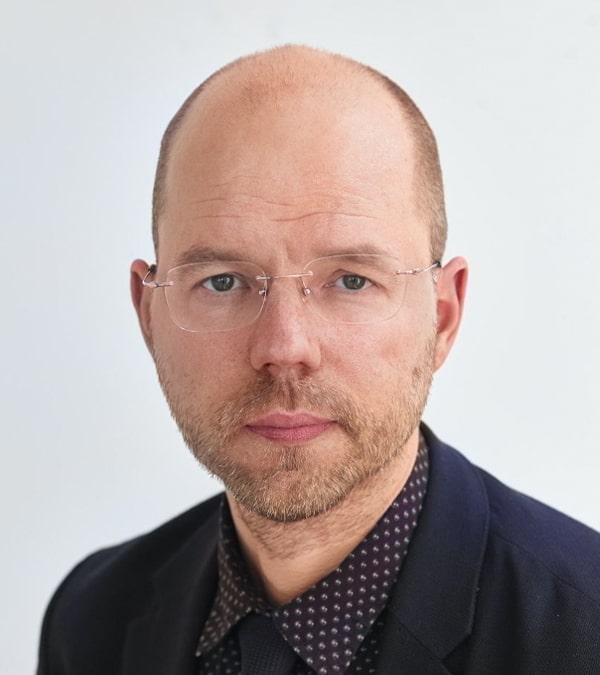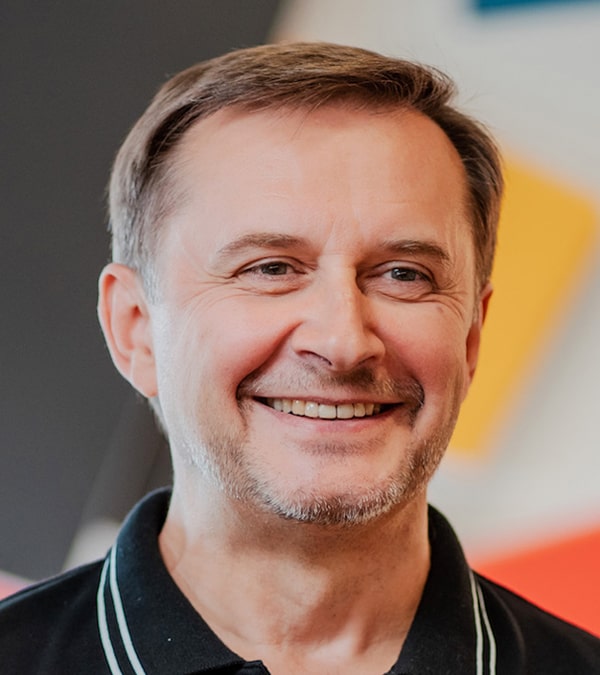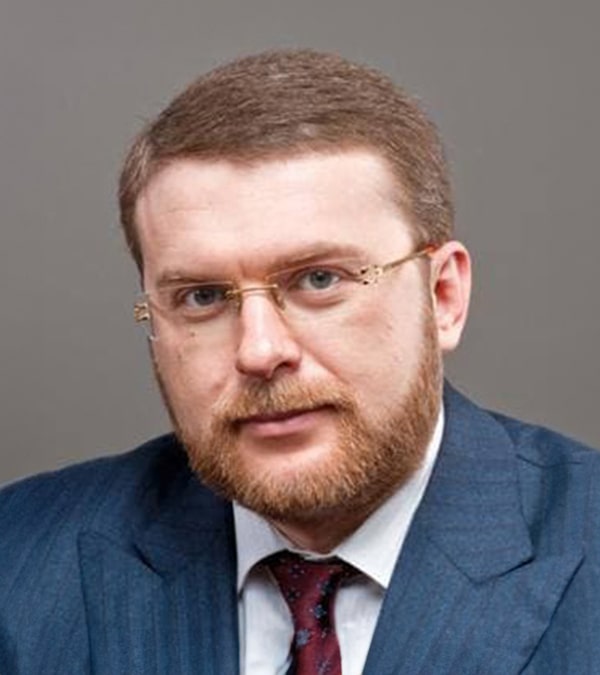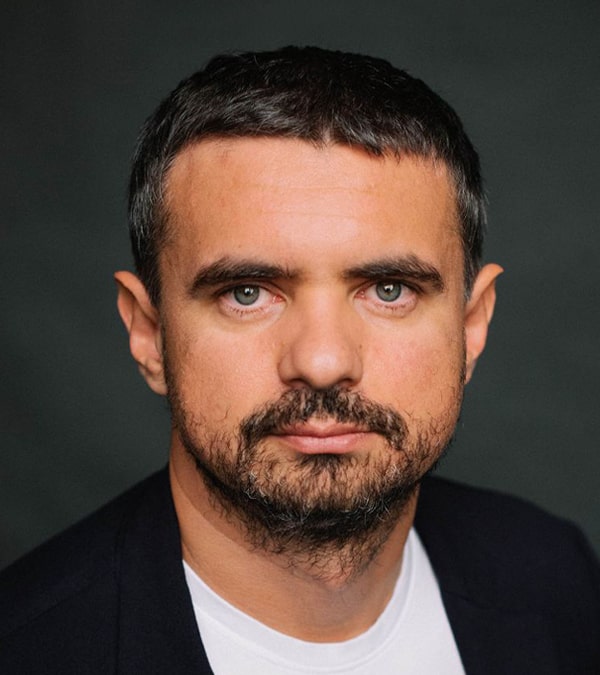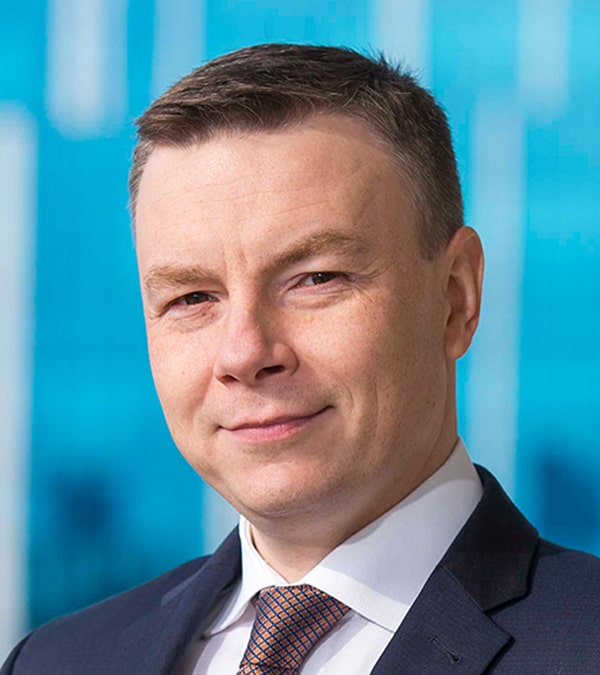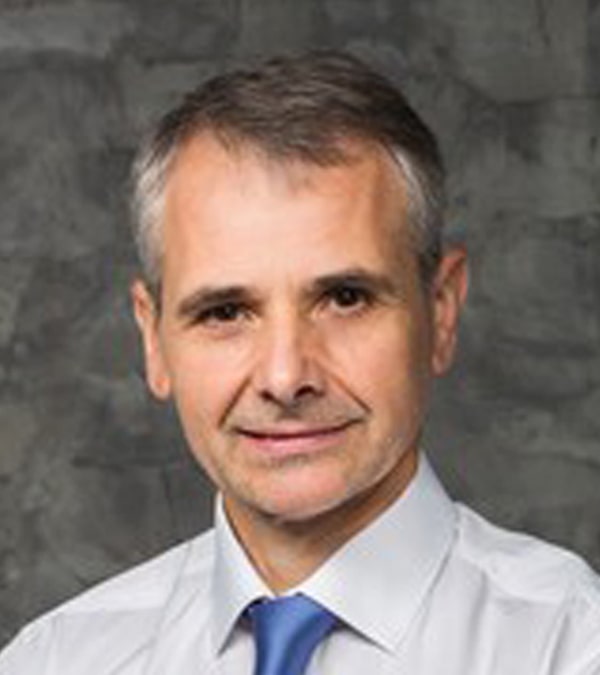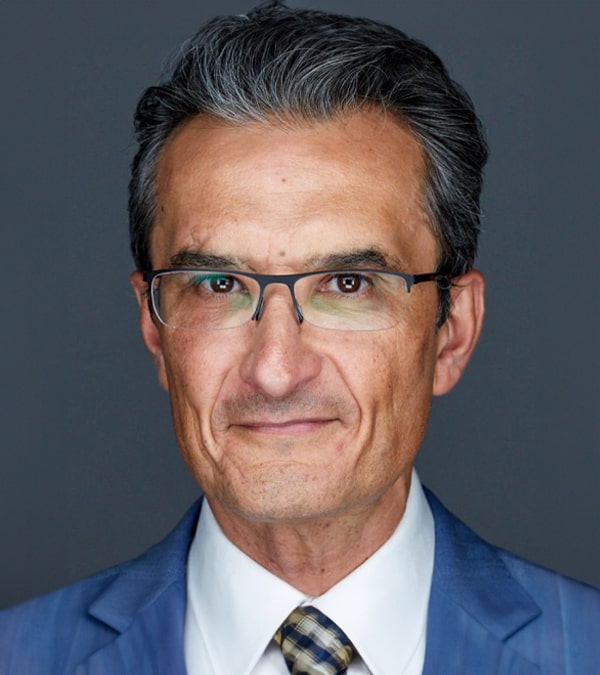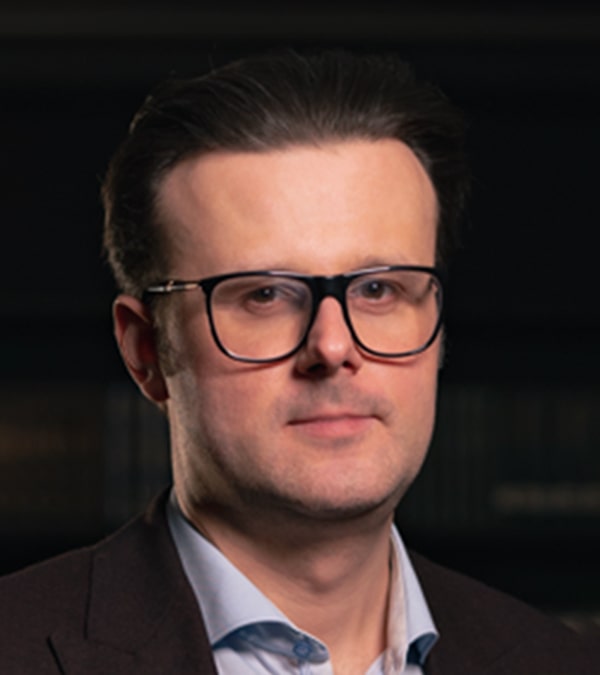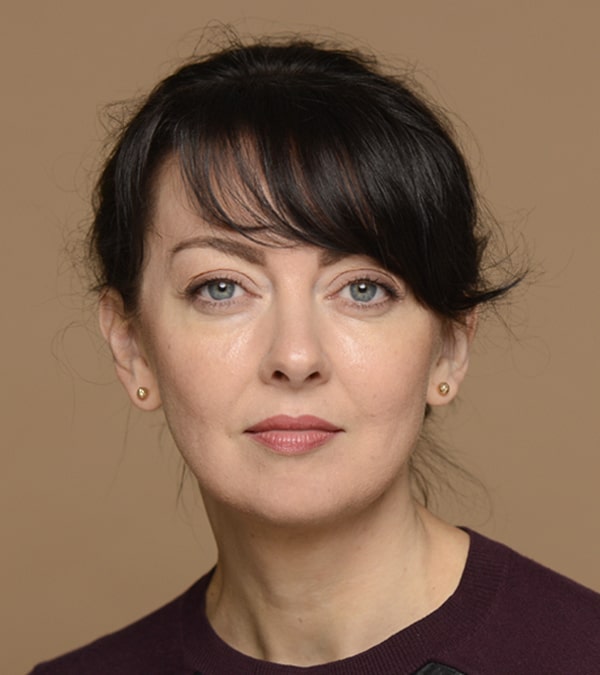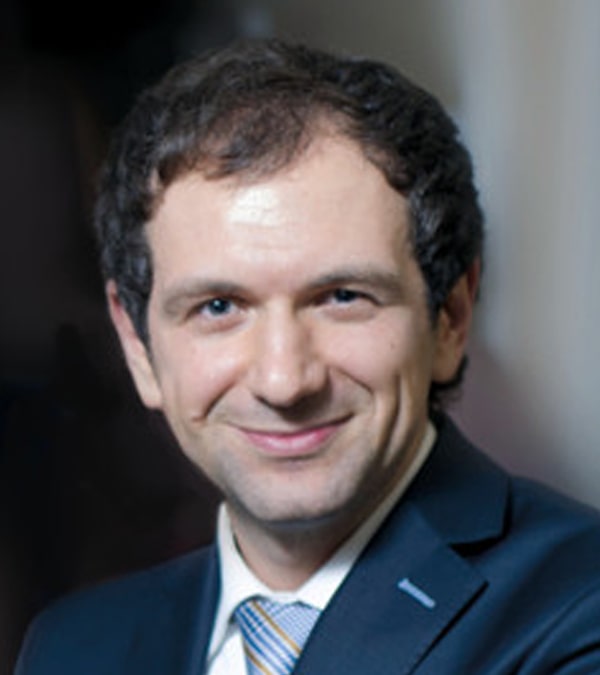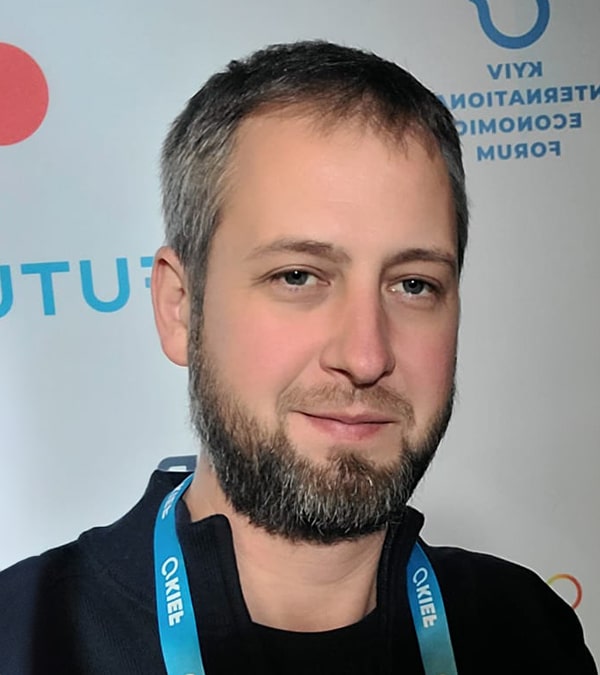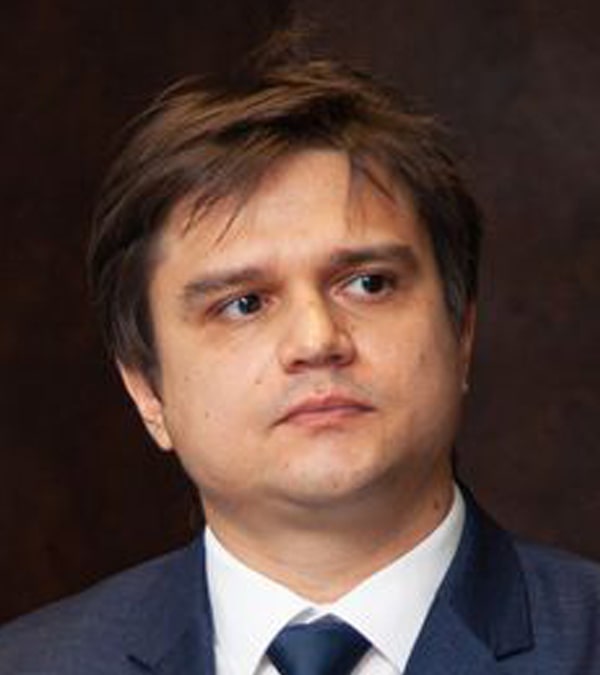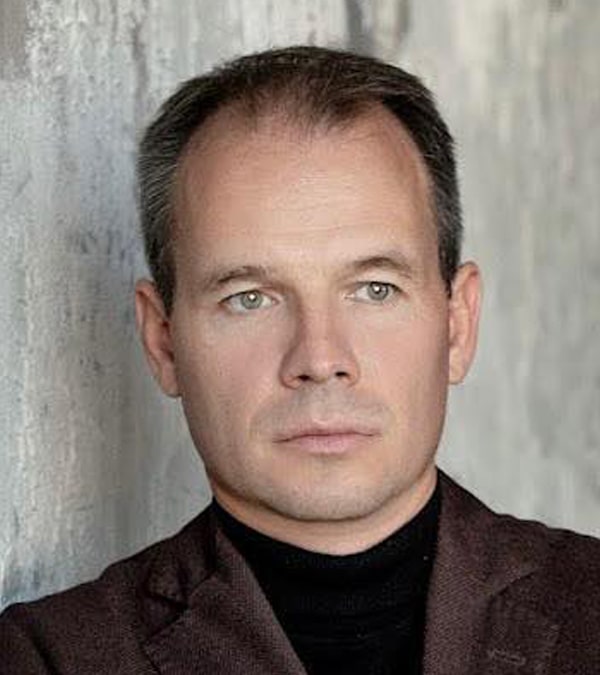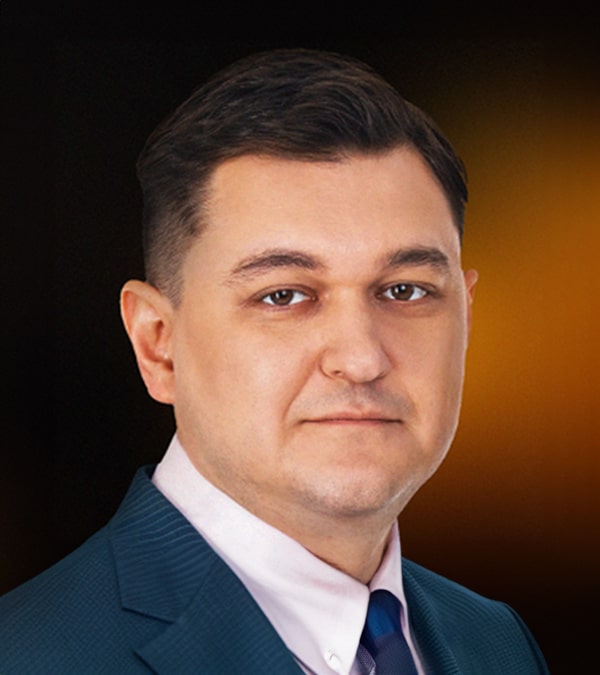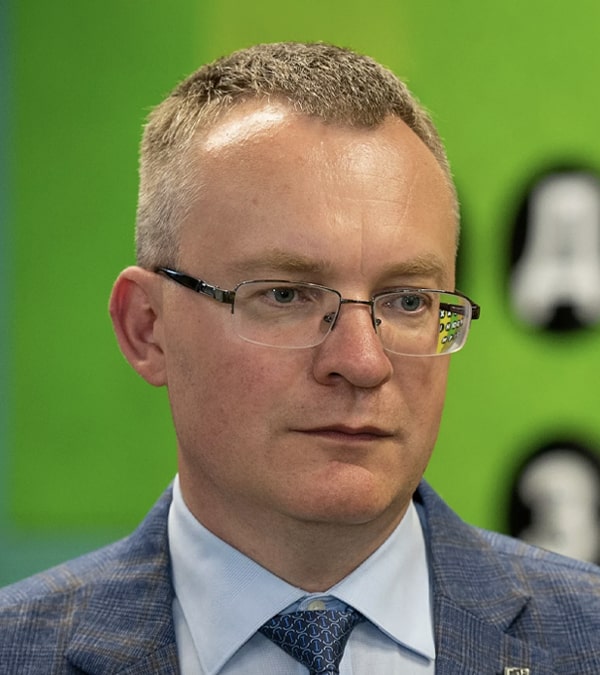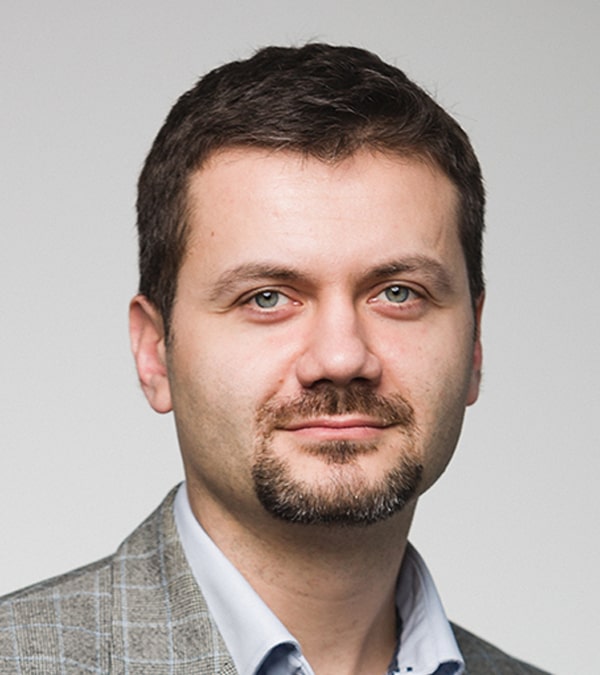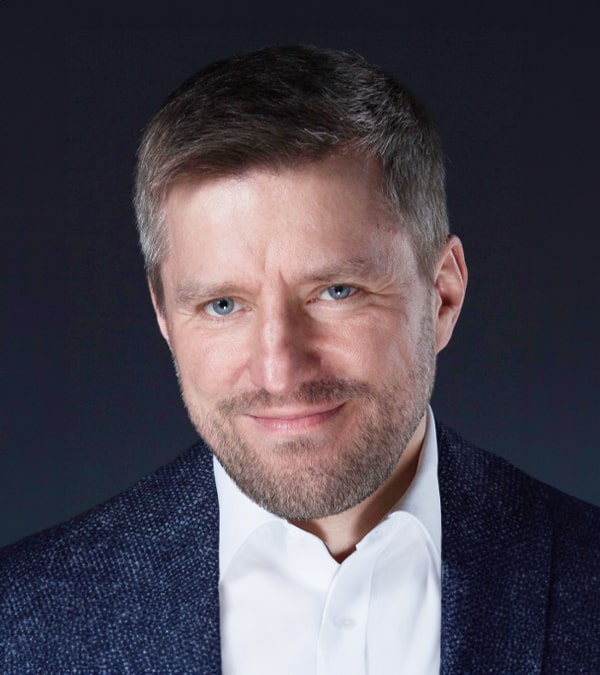Module 1: Global Trends and International Insights
The world is rapidly changing, presenting new opportunities and risks. Understanding technological, economic, demographic, and environmental trends over at least a 20-year horizon will enable the development of successful policies, strategies, and business models.
Module 2: Applied Macroeconomics and Economic Policy
Economic development or decline is not coincidental. Despite the influence of external factors beyond our control, the economy is not as chaotic as it may seem. By better understanding its architecture, patterns, and mechanisms of influence, we can not only build successful businesses but also harness market forces for the benefit of society.
Module 3: Strategies and Practices in System Management
Strategy is the foundation upon which the long-term success of any organization or project is built. A company, community, or country without its own strategy becomes a pawn in someone else’s game. We will explore concepts, models, and high-level management practices that allow for reaching a new level.
Module 4: Crisis Resilience and Adaptability
The war has caused massive losses and destruction, raised the bar for local self-government and public administration, and revealed true business leaders. We will analyze case studies of crisis resilience from Ukrainian leaders across different sectors and incorporate international life hacks and insights.
Module 5: Project Financing for Recovery and Development
Where, how, and under what conditions to attract funding for development projects is one of the main questions for companies, non-profit organizations, or communities. During post-war recovery, this is a “five-star task.” We will discuss real cases and potential opportunities for attracting investments, loans, grants, and budget financing in Ukraine.
Module 6: Tools for Economic Development
Instead of “going with the flow” and trying to predict the future, we can already design a better economic reality. This applies not only to households or companies but also to entire communities, industries, and countries. Successful countries have long been using economic engineering. We will share their experience and recipes that can be applied to post-war recovery and European integration of Ukraine. We will also review successful Ukrainian cases.
Module 7: Building Successful Teams
People first, then strategies – Jack Welch’s fundamental idea. We will dissect effective approaches, models, and practices for creating and developing winning teams in business, government, and civil sectors.
Module 8: "Invisible Capital": Reputation, PR, and GR
Reputation has high value and influences the long-term success of projects. We will demonstrate how to effectively work “long-term” with the brand of a leader, organization, or territory. Additionally, we’ll discuss living in the age of propaganda and defending against information attacks.
Module 9: Systems Approach and Sustainable Development
We can present the world, the country’s economy, or our own business as interacting systems. Understanding systems, their purpose, and interrelationships allows us to see opportunities and strategies that would otherwise be impossible to identify. System methodology helps leaders unlock and utilize the hidden potential of complex systems: from business and communities to industries and countries. Complex systems, when created, ensure the stability of development for companies, countries, and communities.
Module 10: 5X Efficiency: Kaizen, Lean & AI
Japanese leadership philosophy, the concept of continuous improvement (Kaizen), and lean manufacturing methodology help avoid unproductive losses and gradually increase operational efficiency. And the application of generative neural networks (ChatGPT, Bard, Claude 2, etc.) creates a leap in productivity in various fields: from marketing and finance to engineering and customer service.
Module 11: Something More: Culture, Thinking, Psychology
“Culture eats strategy for breakfast,” said Peter Drucker. Sometimes what seems the least practical brings the most benefit and has the highest value. The greatest limitations and development opportunities lie in the mental models of a leader. Together, we will delve deeper into perception and open new horizons of thinking. We’ll expand personal and professional growth opportunities through the global psychometric profiling system Thomas System, chosen by S&P 500 companies.
Module 12: Post-War Recovery and European Integration of Ukraine: Opportunities for Business and Local Government Authorities
To rebuild Ukraine after the war, bring people home, and integrate with Europe as an equal partner, Ukraine needs to build hundreds and hundreds of new industries. This will allow exporting goods, not raw materials, replacing Russian and Belarusian products on world markets, attracting investments, and creating highly productive jobs. A powerful service sector will emerge, and the financial system will strengthen. Ukraine’s economic space will increase manifold, and it is crucial for businesses not to miss the opportunities that arise.
Projects' Presentations by Participants
Participant teams will present their projects. Expert speakers from the KIEF Academy and invited high-level experts from parliament, government, and the business community will join the expert panel.






